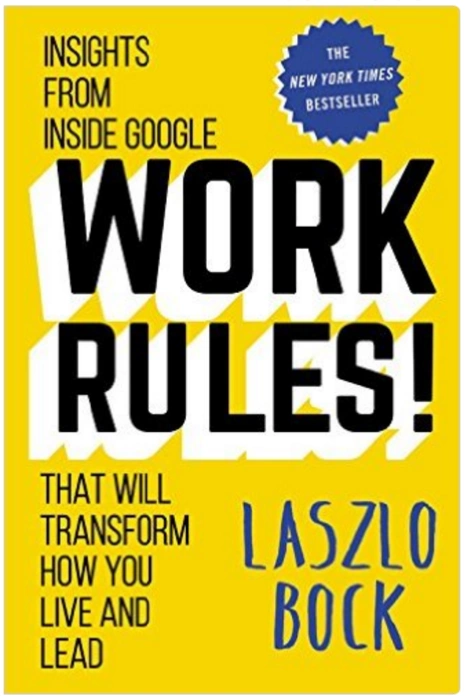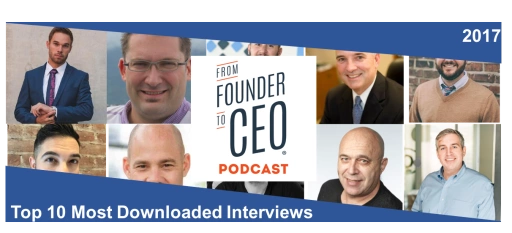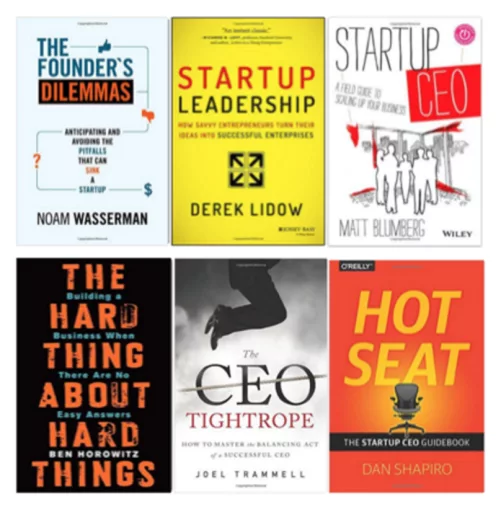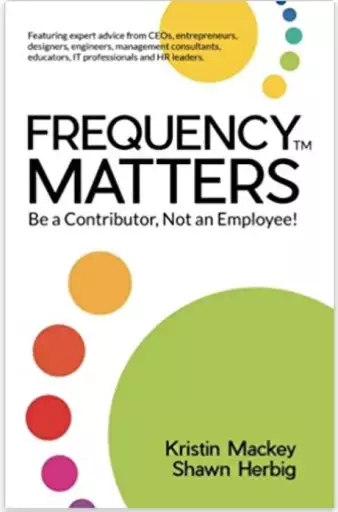 “The good news is any team can be built around the principles that Google has used,” writes Laszlo Bock, author the book, “Work Rules!: Insights from Inside Google That Will Transform How You Live and Lead.”
“The good news is any team can be built around the principles that Google has used,” writes Laszlo Bock, author the book, “Work Rules!: Insights from Inside Google That Will Transform How You Live and Lead.”
Laszlo leads Google’s People Operations and his 2015 book is still an amazing resource for any Founding CEO. He gets pretty detailed about many of the “human resource” philosophies, policies, experiments, disasters and triumphs of leading the company that is the top destination for college graduates.
I would say the book is not so much a “rules” book as it is culture book. In fact, Laszlo even admits that many of the ideas and practices at Google are not that revolutionary or novel. It’s really about the implementation and evolution of the cultural philosophies of founders Larry Page and Sergey Brin. And, it is brimming with great insights and ideas that any Founding CEO should consider.
In fact, I almost recommended the book to a fairly new Founding CEO recently. Almost? Yes, almost.
This particular Founding CEO, Brian (name changed), is having some great success. We call “success” lots of things at his startup stage: traction, product-market fit, happy investors, more revenue coming in than money going out, more reliance on customer revenue than investor dollars, etc. He has all of these things going on. So, I was perplexed when he wanted to talk with me.
It became more clear to me while I listened to him talk. He shared what I am sure many of you struggle with. He was not quite sure where he should be spending his time. Can you relate?
He is three years into his tenure as a Founding CEO. He’s very smart and suggested he should spend some time working on his company culture. That’s when I thought about recommending “Work Rules.” But after interviewing over 100 Founding CEOs on my podcast “From Founder To CEO” and reflecting on my own time as a Founding CEO, I knew that this book would create much more anxiety than it might be worth.
Why? Most of you have told me during my podcast interviews that you struggle with focus. Laszlo’ book is great, but you’ll probably walk away feeling overwhelmed and stuck. At least that was my sense of Brian in his situation.
Google has grown fast and has had to evolve quickly. If you are in your first 3-5 years as a successful Founder and you want to be a great CEO, you can’t possibly consider all the great initiatives that Google has adopted.
But, you can focus on the second most important activity that has an outsized impact on the culture of your growing startup.
Second? What the first? The first is “know thyself.” The second is, know thy team.
I asked Brian how well he knew his team. He reluctantly, but honestly, said, “maybe not as well as you might hope I do.”
If your startup is just getting started, but has traction, you really can’t focus on the seemingly endless awesome ideas in “Work Rules.” You might just start with a laser-like focus on the single group of people that will influence the culture the most in your growing organization and the customers they support…your leadership team.
Here’s are some ideas on how to do that:
- Are you meeting one-on-one with your leadership team on a regular basis to listen and support them as a person…not just talk about their or the company’s performance?
- Are you crystal clear about their three personal motivators: interests, expectations, and values?
- Do you have a career development conversation with them at least twice a year?
- Do you know how you can support their continued professional development as a leader?
- Do you understand how they see the culture of the organization and whether or not you are both aligned about how you hope it is shaped?
Becoming more self-aware will always be the first thing a Founding CEO can do to influence her company culture. But, a quick second is to know your team members like you have never known someone else before.
It’s may be more work than you might imagine. But, the impact on your company culture and its future success is significant. Read “Work Rules.” But, get started on knowing and developing your team leaders as individuals before you get too excited about the great programs at Google. No one else has this responsibility but you.
Brian took lots of notes during our conversation. He’s on it. Are you?


